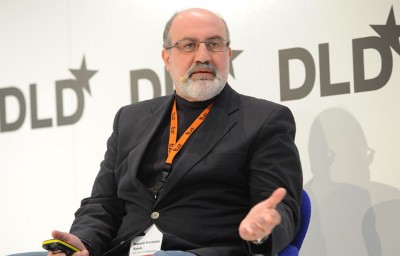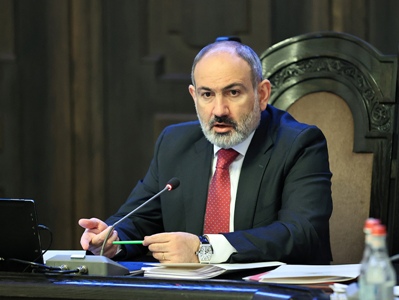“Global Warming’s Impact on Earth’s Rotation May Result in Additional Leap Seconds by 2029, Scientists Warn”
The decrease in the Earth’s rotation due to global warming is now affecting the speed of the Earth’s rotation. This could lead to the addition of leap seconds until 2029, according to the International Earth Orientation Service. However, this change may introduce errors in the synchronization of system clocks. A study published in the journal Nature by researchers from the Scripps Institution of Oceanography in California reveals that the melting of glaciers in Greenland and Antarctica is contributing to the Earth’s rotation decrease. Coordinated Universal Time (UTC) compensates for this difference with leap seconds. The addition of leap seconds has been in effect since 1972, but technical challenges have led to the postponement of the decision for additional seconds until 2035. However, researchers predict that the Earth’s rotation will continue to slow down and additional seconds will be needed from 2035 onwards.
Specifically, the change in the Earth’s equatorial inertia of mass since 1972 has caused the Earth’s axial rotation to accelerate. This has resulted in a faster shifting of the Earth’s polar regions, which may require a negative leap second injection. The addition of extra water to the oceans, due to the melting of glaciers, has also led to a redistribution of the Earth’s mass. This has caused changes in the Earth’s motion and rotation, resulting in a slowdown of the rotation.
Since the early 1990s, the Earth’s shape has become more flattened and oblate due to the removal of glaciers in Greenland and Antarctica, as well as the additional water in the oceans. As a result, the Earth’s rotation has decelerated. To maintain coordination with Coordinated Universal Time (UTC), an additional negative leap second will be required in 2029, rather than in 2026 as previously thought. The authors of the research emphasize the inherent risk and threat to computer networks posed by global warming. Therefore, changes to UTC may need to be implemented sooner than planned to ensure accurate temporal synchronization.


